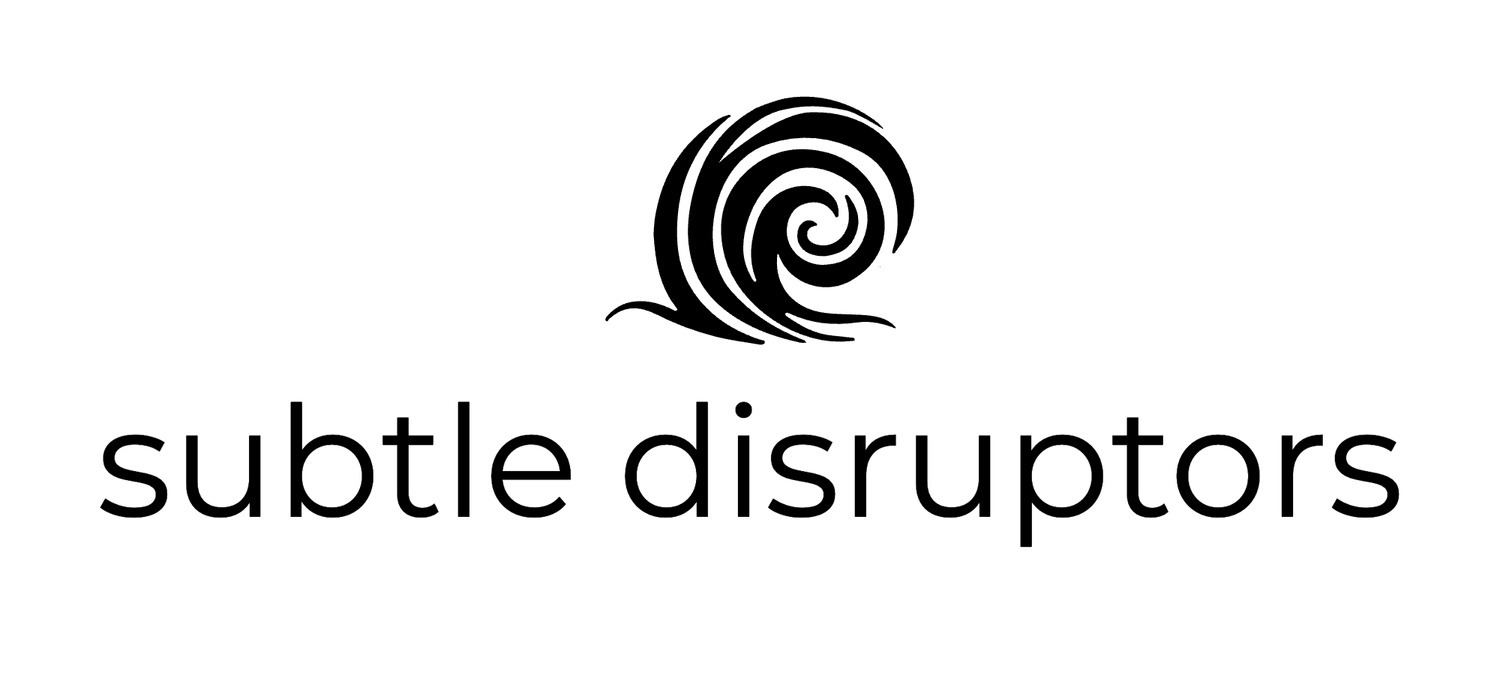some of my thoughts
I write a little. Some of this is old and some of it new. I think my thinking has evolved over time.
Stories we tell
How important is it to get to the truth? Is it even possible when thinking about memories and events that happened in the past? Do I need to ensure that people who I feel have wronged me accept my side of the story, my truth?
I see that this is mostly a useless exercise. We all believe what we want to believe. We all make what we will of our own memories. We all tell ourselves stories that we can live with. Most of the time this means not confronting the truth about ourselves, giving ourselves something palatable to digest.
While it pricks my sense of justice when I get a hint that I am being played out as a villain in a story I'm pretty sure I was the victim, it does not seem to do much good 'controlling the message' or making sure my point of view is heard.
For one thing, I am probably doing the same thing, or have done the same thing. For another, I think that consequences tend to take care of themselves. No need for me to enforce them for others.
Much better I spend that time thinking about the stories I am telling myself, both the usefulness and the honesty of them. I will speak up and tell my story. But I cannot control what other people do with it.
Laundry List #19: Everyone lies, cheats, pretends (Yes, you too, and most certainly myself)
And so, it is not astonishing that, though the patient enters therapy insisting that he wants to change, more often than not, what he really wants is to remain the same and to get the therapist to make him feel better. -- Sheldon Kopp
I love the text in brackets in this cutting laundry list item from Sheldon Kopp. As I start to read it I find myself nodding and thinking 'Yes, so true, I know so many people that lie and cheat and pretend', and then I keep reading and have to face the sinking reality that this also applies to me.
And this didn't just happen the first time I read it. It happens every time I read it. I don't want to admit that I lie, cheat and pretend. Aren't I better than that? That is for the less enlightened, not me. But the truth is that I do. I want to present myself in the best possible light and will sometimes pretend to be that which is not me. I make lies of omission so that the truth as it is presented makes me seem a bit more appealing than I actually am. I cut corners in my morning rituals, hoping that nobody will notice.
I certainly don't do these things in an obviously destructive way, and all in all I think I am an ethical person, somebody who is honest and open and believes that their are not shortcuts. In fact lying is necessary in many cases - it can be social grease and a developmental stage that children need to reach.
What then is the purpose of acknowledge this? That we all lie, cheat and pretend?
Firstly I think it is so we are not deluded and naive that others present themselves exactly as they are all the time. That they do lie about things sometimes. That they do try and cheat the system. That they pretend to have done things they have not. Being aware that people do this from time to time actually helps as we interact with others, and can stop us from being duped and hurt.
Secondly acknowledging that I also do this helps to keep me humble, and to keep me working on understanding the reasons why I think that even a small deception is necessary. What does that reveal about what is going on inside me? What am I hiding, and who am I hiding it from?
Noticing the small lies, cheats, and pretends helps me to get closer to becoming aware and awake to how, where, and what I actually am.
Laundry List Item 28: The most important things each person must do for themself
It is so important to ask for help when we need it. The ability to clearly articulate what we need takes awareness to know what it actually is, and courage to ask for it.
But the help of others can only take us to a point. There is a moment when, if we want all that life has and to encounter important truths within ourselves, only we can do the work that needs to be done.
I think understanding this and then finding the bravery to take full responsibility for myself was the moment I transitioned from being an adolescent to being an adult (though I was 37 at the time). For me it took an almighty shove to stop looking around for others to do the dirty work for me, and to stop blaming them for holding me back.
It was then I realised that I was the only person that held me back. And I was the only person that was going to make sure I got what I needed.
And it was then that I started to do the things I knew rang true for me, even if they rang alarm bells for everybody else.
